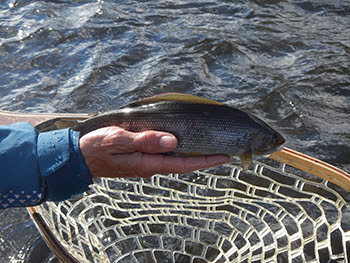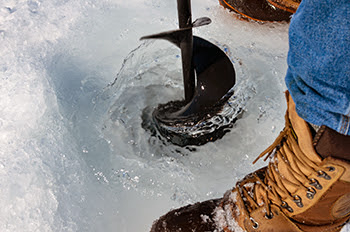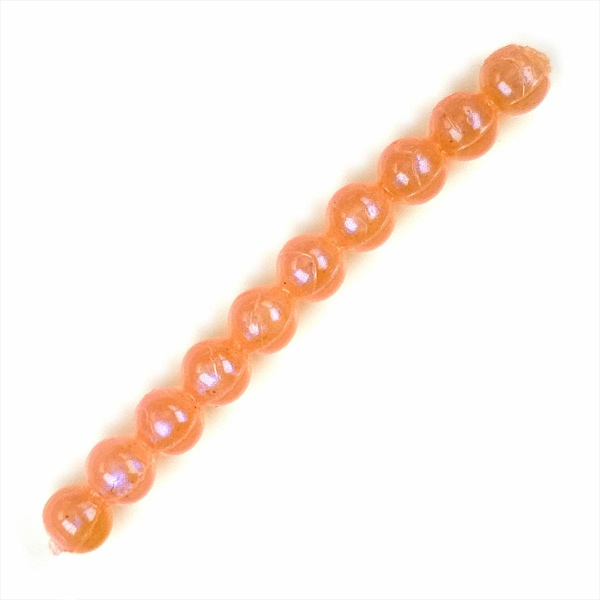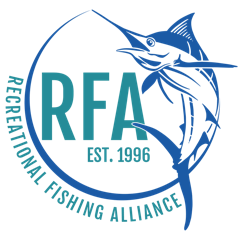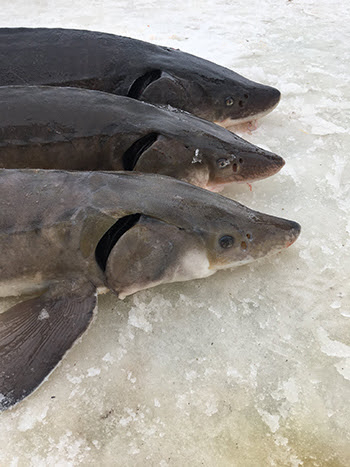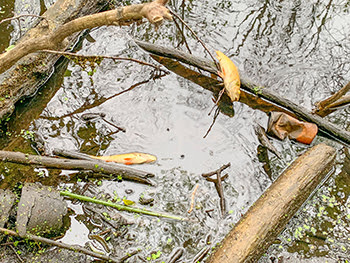NEW GRETNA: The Bureau of Ocean Energy Management (BOEM) announced today that they will hold a wind auction next month for more than 480,000 acres offshore New York and New Jersey, in the area known as the New York Bight. For perspective, this is an area 2/3 the size of Yosemite National Park or 5 times the size of the city of Philadelphia.
The Recreational Fishing Alliance (RFA) is fundamentally opposed to the selloff of our oceanic resources. Not only do these proposed wind farms pose threats to navigation for mariners, but they also have untold effects on marine life and the people who make their living from the sea, as well as the 1.5 million saltwater anglers who fish New York and New Jersey. The recreational fishing community’s concerns have continually been pushed aside and today’s announcement is another example.
In 2018 (the last year we have data for*), NY & NJ recreational saltwater fishing generated over $3 billion in sales impacts, $1.7 billion in value-added, and supported 2.7 million jobs in the regional marine fishing sector and across the broader economy. Wind farms have the potential to disrupt the very fisheries that drive this industry and economic output. In addition to creating an unprecedented navigational hazard, the impacts to offshore wind will be felt not just within the lease area boundaries but along the beaches and bays of coastal states as migration patterns of important fish stocks are altered or disrupted. Those impacts will mean lost jobs for many who make their living from recreational fishing– from the guy who sells tackle to the boat builder to the charter boat captain.
RFA questions why BOEM would proceed with additional lease area auctions while we are still working to get a handle on how the current 15 leases areas will impact marine fisheries, fish habitat, ocean currents and safety at sea. The increased navigational risks to fish in or sail through the 480,000 acres with its exclusionary zones during construction and around the substations, many fishermen may opt to avoid the area altogether.
And there has been far too little scientific research on the potential of wind farms to degrade the marine environment and alter the migratory paths of crucial fisheries. Seabed disturbances from construction will impact many species’ food sources. Saltwater anglers can’t fish if there are no fish.
The government sees wind farms as a political win for “green energy”. The saltwater fishing community sees lost jobs, a lost way of life, and a looming environmental catastrophe. Read more
